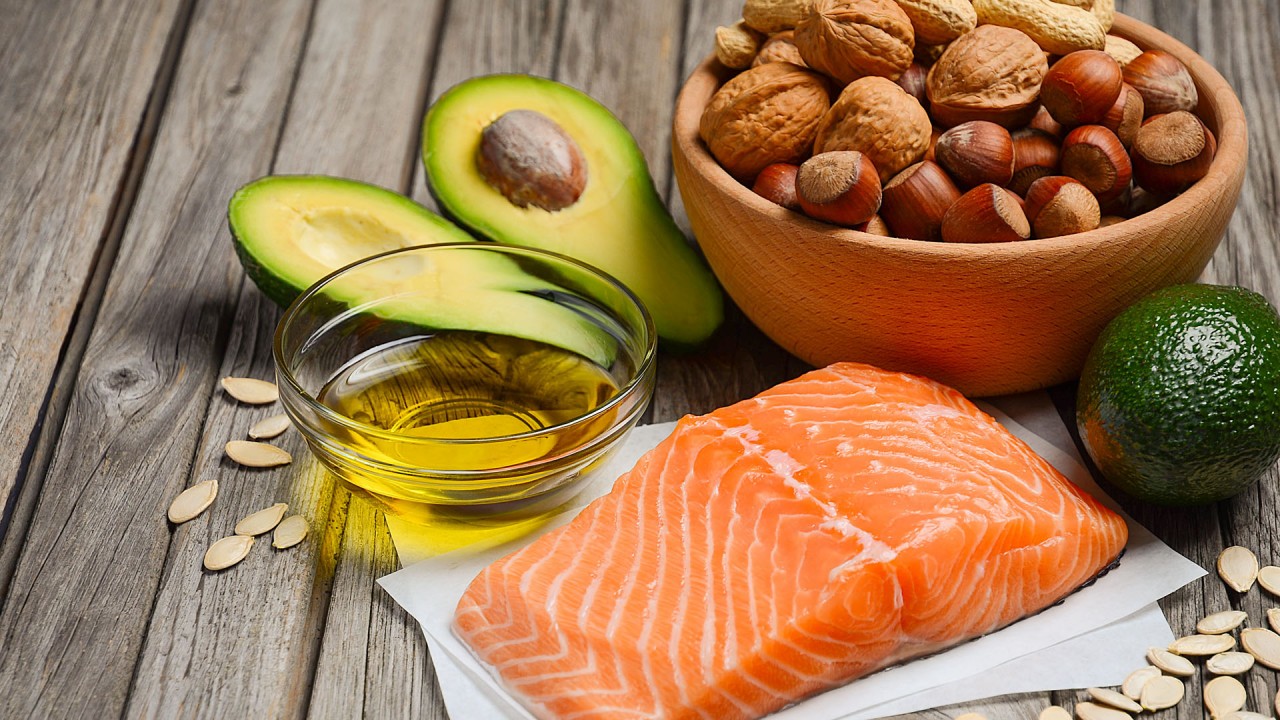Omega-3, the benefits of which we often hear, is an indispensable fatty acid for human health. Omega-3 fatty acids, which you can get from many foods as well as supplements, are good for many different ailments, from depression to heart diseases. Let’s take a closer look at what Omega-3 is, what it does, what foods it contains.
We can eat anything we can think of and somehow survive. But surviving does not mean being healthy. In order to be a healthy person, we must pay attention to what we eat and drink. It is known that Omega-3 fatty acids, among our greatest helpers in this regard. We are lucky, many foods that are abundant in our country are extremely rich in Omega-3.
Actually Omega-3 The knowledge of how beneficial fatty acids are is not new. Even people who lived thousands of years ago, even though they could not name it, discovered foods containing Omega-3 fatty acids and understood that healthy life comes from these foods. Bride What is omega-3, what does it do, what are the benefits and in which foods is it found Let’s take a closer look at the most frequently asked questions about these fatty acids.
What is omega-3?
Omega-3 in its simplest definition are polyunsaturated fatty acids. It is extremely important for human and animal metabolism. It is possible to divide omega-3 fatty acids into three basic groups; ALA, EPA and DHA. ALA is taken from vegetable oils, EPA and DHA are taken from sea creatures. Nuts and seeds are extremely rich in Omega-3.
What does Omega-3 do, what are the benefits?
- It is good for depression and anxiety.
- It improves your eye health by repairing the retina.
- It contributes to brain development and health during pregnancy.
- It reduces the risk of heart attack.
- It reduces the risk of stroke.
- It lowers the triglyceride value.
- It balances blood pressure.
- It increases good cholesterol.
- It prevents harmful blood clotting.
- It prevents vascular plaques.
- It reduces inflammation.
- It reduces hyperactivity disorder in children.
- It speeds up your metabolism.
- It strengthens the immune system.
- It prevents the formation of mental disorders.
- It prevents Alzheimer’s disease.
- It prevents age-related mental decline.
- It plays an active role in the fight against cancer types.
- It reduces the effects of asthma in children.
- It reduces liver fat.
- Improves bone and joint health.
- Relieves menstrual pain.
- It improves sleep quality.
- Renews skin cells.
If you say what else to do, you are right. Sure, you can take some Omega-3 every now and then. Don’t expect all of this to happen at once. Get the Omega-3 fatty acids your body needs regularly and in moderation. So always make sure you have enough Omega-3 to provide these benefits in your body.
Omega-3 intake is especially important during pregnancy. because fetal brain development These fatty acids play the biggest role. If you take Omega-3 regularly before cardiovascular diseases appear, you will be protected from these diseases.
You can minimize the possibility of Alzheimer’s disease by taking Omega-3 in later ages. However, the consensus of all experts, not after what happened It is recommended that you take Omega-3 as a precaution against future ailments. In other words, if you eat foods containing Omega-3 regularly and healthily while you are still young, you can spend your future years as a much healthier individual.
Omega-3 is found in which foods?

- anchovy fish
- bluefish
- Herring
- Tuna fish
- marlin fish
- orange rough fish
- Salmon
- sardine fish
- sturgeon
- Trout
- tuna fish
- Oyster
- Walnut
- flaxseed
- linseed oil
- canola oil
- Soy oil
- chia seeds
Even though the Omega-3 values and types found in all these foods vary, when you regularly consume make sure you get enough Omega-3 into your body. Of course, do not forget to consider the side effects and your health status while consuming these foods.
The foods listed here are the foods richest in Omega-3. Omega-3 is also found in other seafood, nuts and seeds. Instead of taking such foods all at once, you should include them in your daily eating habits and take the Omega-3 fatty acids necessary for your body regularly.
What happens in an omega-3 deficiency?

- Symptoms of omega-3 deficiency;
- Dry on the skin
- hair loss
- brittle nails
- feeling sleepy all the time
- loss of concentration
- feeling constantly tired
- Joint and muscle pains
- Omega-3 deficiency results;
- Weight gain leading to obesity
- inflammatory diseases
- metabolism problems
- circulation problems
- Heart diseases
When we look at omega-3 deficiency symptoms and consequences, we see that these fatty acids work just like oil added to a car engine. The work of the body, which does not get enough Omega-3, is disrupted, Since it does not receive one of the most important energy sources, it gets tired easily and the immune system weakens. I mean, look at what happened because we didn’t eat two walnuts a day.
Of course, all of these symptoms and ailments that we’re talking about here don’t appear out of nowhere. In any case, Omega-3 fatty acids do not eliminate all these problems at once. However, for a long time If you follow a diet devoid of omega-3 fatty acids You may encounter these symptoms step by step and when you want to take action, you may find that it is too late for everything.
Who should take Omega-3 supplements?

Omega-3 fatty acids are abundant in almost all seafood, nuts and seeds that we come across. well people who eat regularly and healthily, If they consume enough of these foods, they will get the necessary Omega-3 fatty acid. However, in some diseases, the need for extra Omega-3 may occur.
Most to cardiovascular disease Omega-3 supplements, also called fish oil, are recommended by doctors. It is known that such patients are recommended to take 1 gram of supplements per day. But wait, don’t go and buy an Omega-3 supplement right away. First, consult your doctor and ask if you should take an Omega-3 supplement. Depending on the situation, reinforcement suggestions are already made.
One of the most essential fatty acids for our body health. What is omega-3, what does it do, what are the benefits, which foods are found in We answered the curious questions and talked about what you need to know about these fatty acids. It is in your hands to have a much healthier body by regulating your eating habits and getting enough Omega-3 fatty acids.
RELATED NEWS
